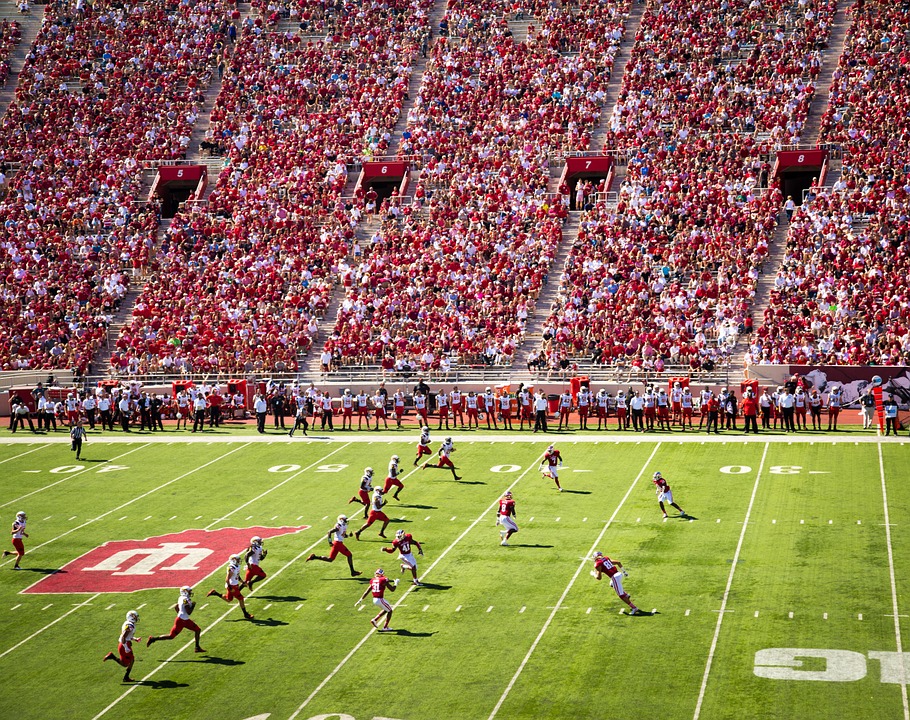Sport can be incredibly powerful. Indeed, so can advertising. But does this mean the two are incompatible? Has sport been so infused with the commercial that it has lost its meaning and its authenticity? I’m on the fence.
Let’s think back to last week’s Super Bowl in the US, the 52nd of its kind. The annual event’s commercial nature was initiated in the early 70s and remains a cornerstone feature of the nationally-hyped phenomenon. Nowadays, the sometimes controversial, often creative and increasingly expensive commercials are what bring in a large chunk of the event’s viewership. I don’t suggest this is important in and of itself, but I know I am not turning off the TV when Peter Dinklage and Morgan Freeman have it out in a rap battle during stoppages. Or when Justin Timberlake brings sexy back at half time. One of sport’s main functions is to entertain, and for this it should perhaps look to the modern-day Super Bowl for inspiration.
Moreover, this palaver is not necessarily obstructive to the quality of sport on show. In fact, it highlights the immense mental focus of the players in question. With cheerleaders being thrown and chicken wings being demolished every which way, it is anyone’s guess how the players are still able to perform at their very best, which serves as testament to the mettle of those who do.
Nick Foles, the Philadelphia Eagle’s fill-in quarterback and man-of-the-match, was a telling example. His demonstration of how to rise to an occasion was nothing short of outstanding. He cannoned throws of pin-point accuracy and pulled off one of the most inventive and playful touchdowns in the history of the Super Bowl. Not only do we look to sport for entertainment, but also for inspiration and displays of courage and determination.
Having said all this, I understand where commercial-haters are coming from. The Olympics, for example, are perhaps one of the few sporting occasions which can survive without a total concession to the consumerist spirit; and are for it, rather refreshing. People tune in to see emotion, grit and patriotism. Indeed, anyone who watched the men’s luge finals this week would have seen German favourite and front-runner Felix Loch inconsolable as he fluffed his lines and wept nobly into the arms of his father. Flying down an icy track with little protection at 100 miles per hour can mean so much more than just sport, as Jon Turteltaub’s ‘Cool Runnings’ (1993) taught us years ago.
Undeniably, the Olympics transcends sport. It delves into the realms of love, compassion and even politics. Right now, for instance, the world awaits an ice-hockey match involving women of both South and North Korea in one unified Korean side – the first time the two nations have fought competitively whilst on the same team.
This begs the question, should sport move beyond superficial fizzy drink commercials and sleazy shaving campaigns and focus on the important stuff, like unifying deeply divided territories? Is one vision compatible without the other, or even more desirable? This is for you to decide; however it is fair to assume that we have become utterly inculcated by the commercialisation which embeds itself in most sporting events. People even had to flock to Twitter in order to verify whether or not Pepsi had managed to hijack the Olympics’ entire Opening Ceremony. Coca-Cola, the Games’ Official Sponsor, could not have been best pleased.
Mikey Kaye
Photo credit: Pixabay

